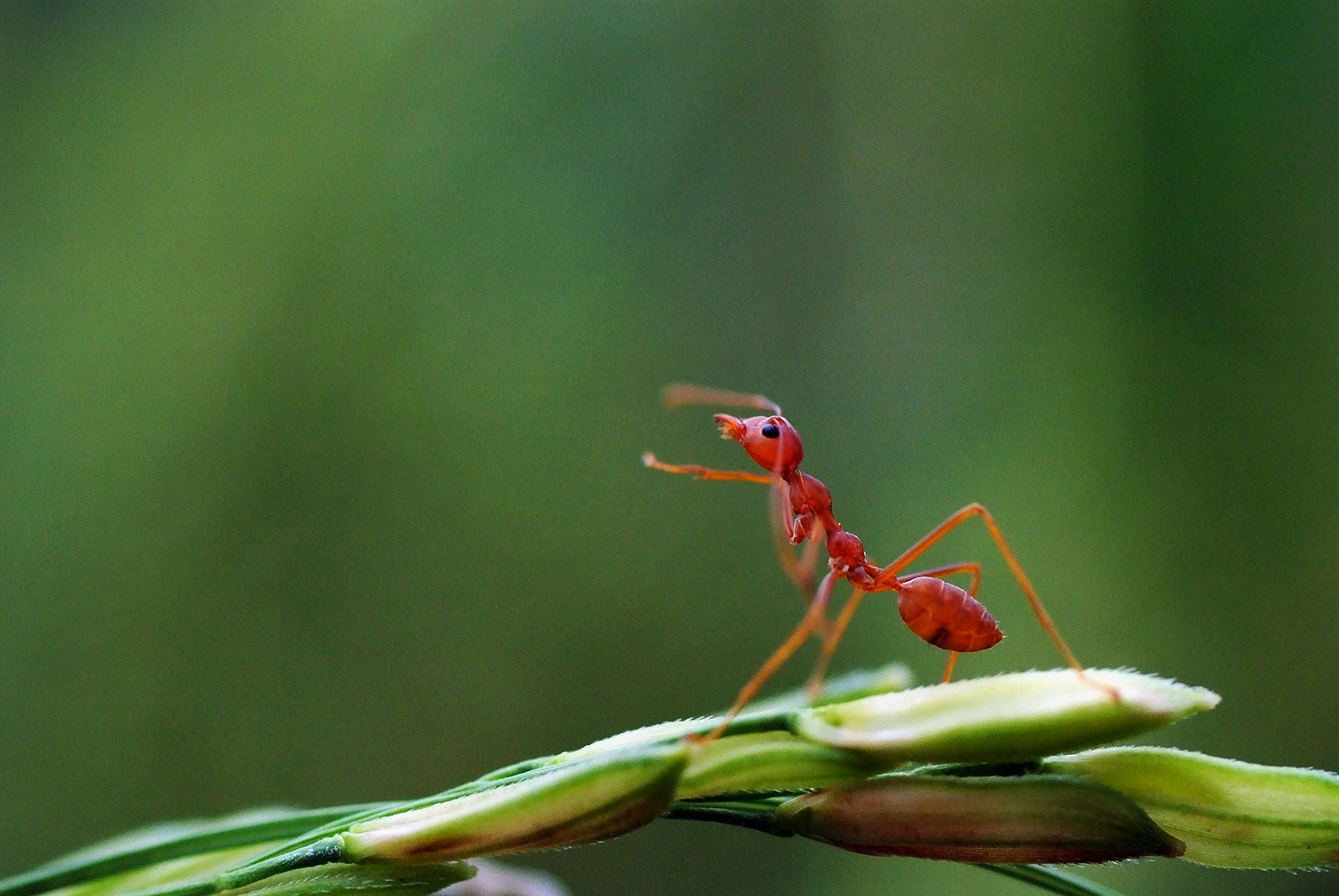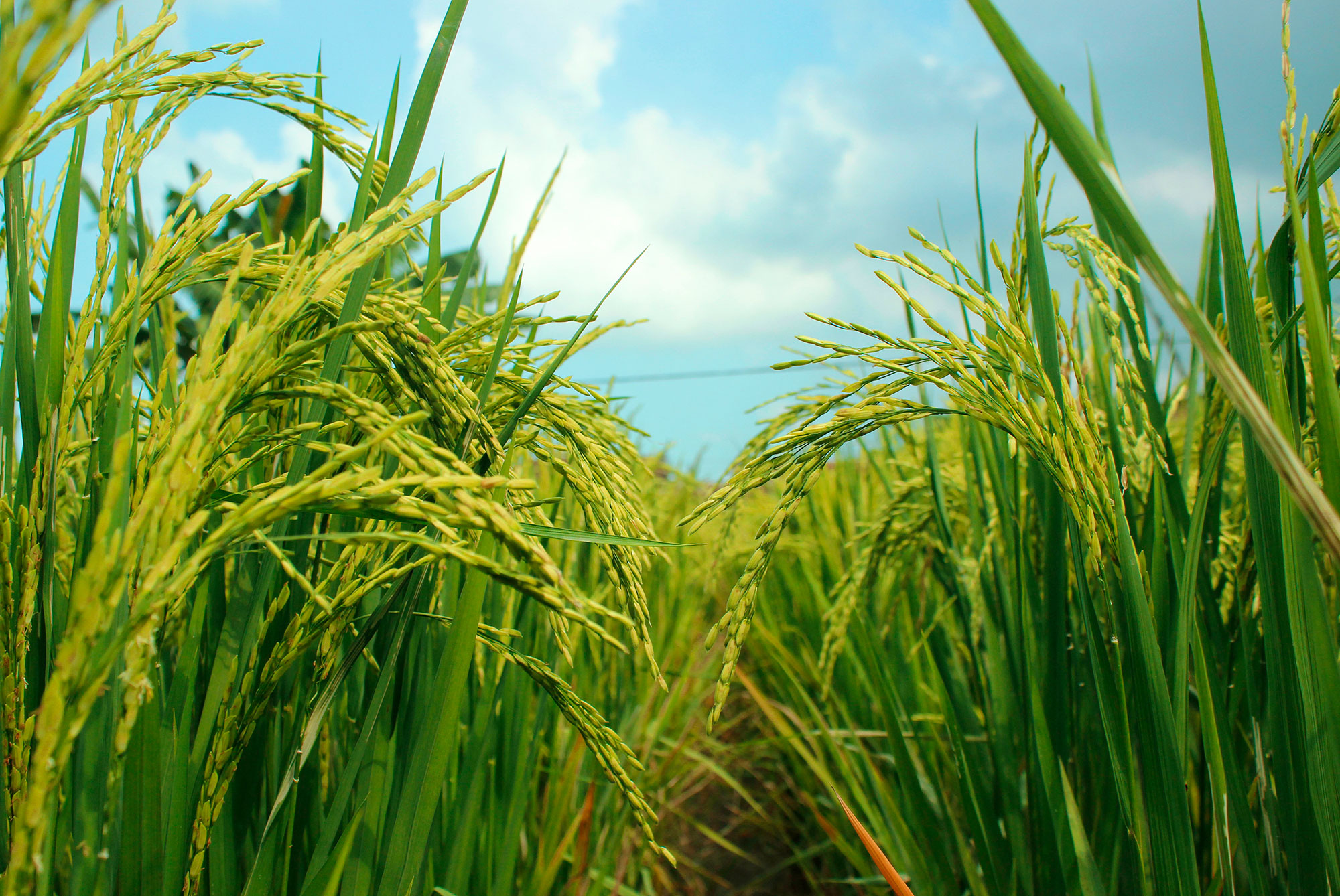
Southeast Asia is one of the world’s most vulnerable regions to climate change due to large population and economic activity concentrated along coastlines that are highly dependent on natural resources, agriculture, forestry and fisheries. Extreme climatic events, such as strong typhoons, floods and droughts, cause adverse impacts on ecosystems and livelihood, particularly, agricultural production, affecting food security and sustainable development in the region.
Agriculture is the sector most vulnerable to climate change due to its high dependence on climate and weather. Thus, resilience and related measures have to be taken to reduce adverse effects and impacts of climate change in this sector.
According to Intergovernmental Panel on Climate Change (IPCC), resilience is the ability of a system and its component parts to anticipate, absorb, accommodate or recover from the effects of a hazardous event in a timely and efficient manner, including through ensuring the preservation, restoration or improvement of its essential basic structures and functions. Climate change resilience in agricultural sector requires resilience of both social and ecological systems.
For social systems, resilience depends on the assets, capacity and knowledge of farmers and the services provided by governments and institutions. For ecological systems, resilience depends on changing variables, such as climate, land and water use, nutrient availability and the size of the farming system. Therefore, implementation of agricultural resilience measures should reduce climate change vulnerability, generate income and reduce poverty at the same time.


The ASEAN Sectoral Working Group on Crops (ASWGC) has oversight of the ASEAN Cooperation in crop sub-sector. The ASWGC has its own Strategic Plan of Action for ASEAN Cooperation on Crops (SPA-Crops). ASEAN Cooperation on Crops dedicates itself towards achieving climate change resilience in agricultural sector as outlined in Strategic Thrust 4: Increase resilience to climate change, natural disasters and other shocks under its Strategic Plan of Action (SPA).
The main action programmes under this strategic thrust are to promote good agriculture practices incorporating resilient technologies (climate, natural disasters) to minimize the negative effects on natural resources such as soil, and water and reduce the greenhouse gas emission and promote access to climate finance resources to support climate smart/friendly agriculture.
